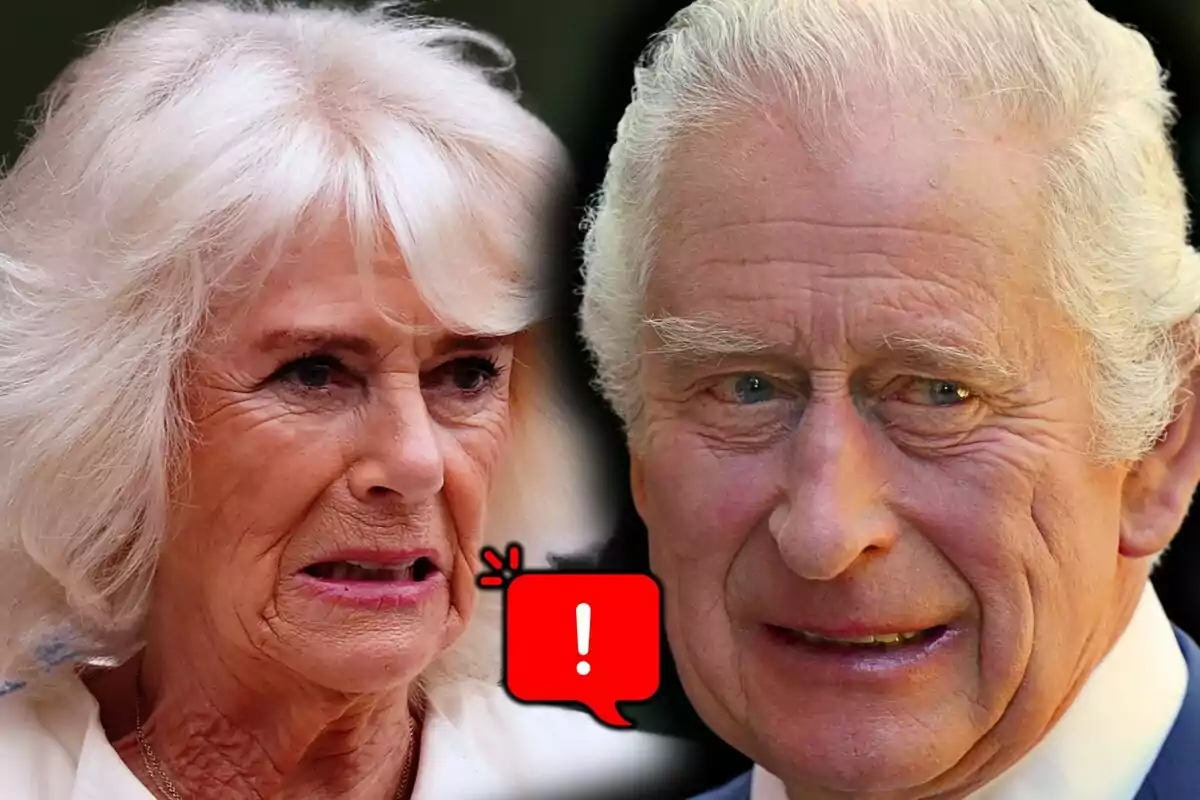Since the British Royal House announced King Charles III's illness, every public appearance by the monarch makes headlines. Every gesture and every word from the British monarch are closely followed. The anticipation is at its peak, as his health condition has become a matter of international interest.
At 76 years old, the monarch is gradually resuming his institutional agenda, an aspect that those close to him describe as essential for his well-being. However, every public outing generates interpretations about his progress. Queen Camilla, who is very alert to her husband, accompanies these days with concern.
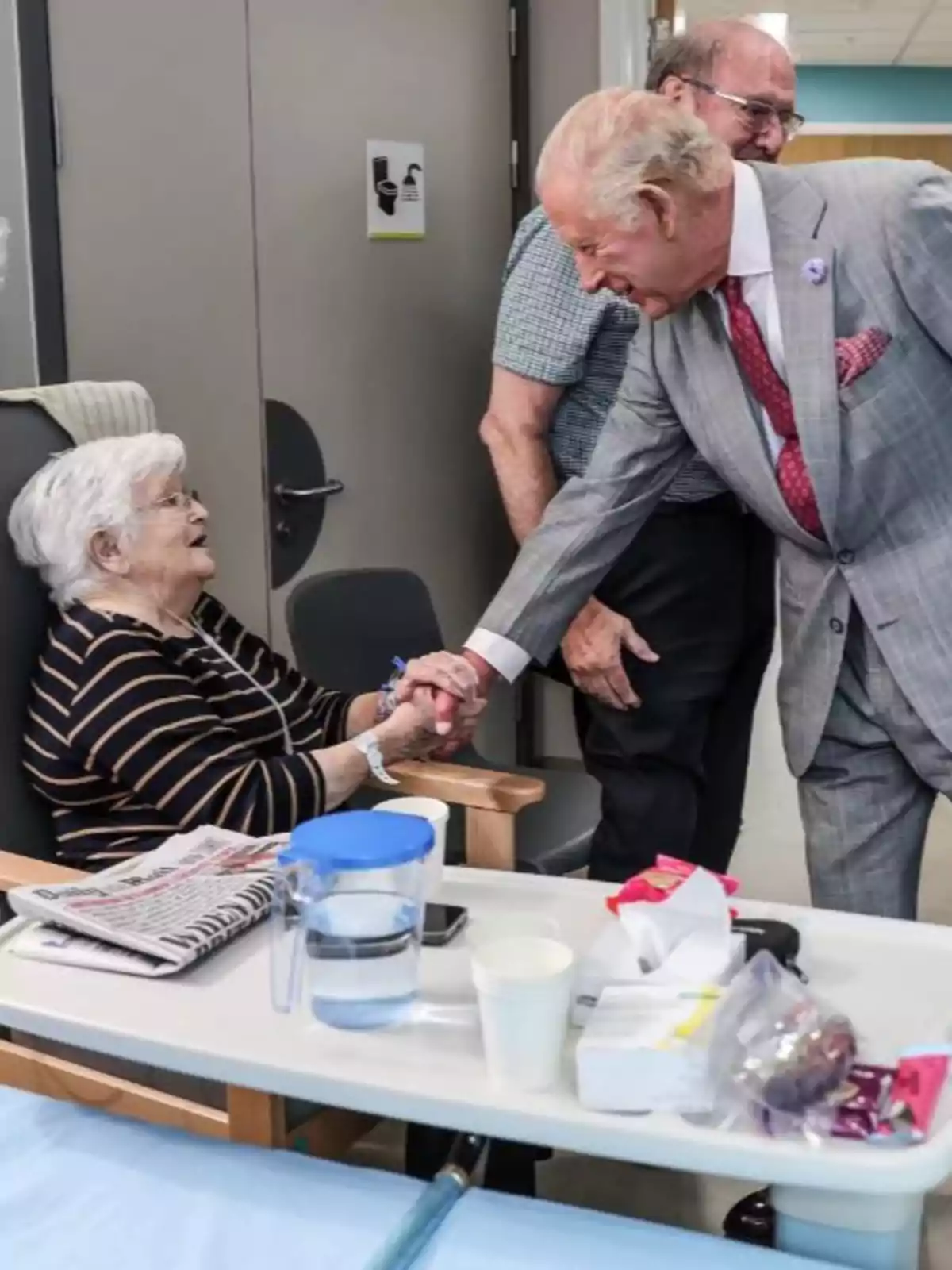
A visit full of messages
The setting chosen for his reappearance was the inauguration of the Midland Metropolitan University Hospital. There, the sovereign toured the facilities, greeted oncology patients, and shared reflections in a warm tone. His words sparked both relief and unease.
During the event, Charles III acknowledged the work of healthcare professionals, whom he described as "the best to treat" such a complex illness. He also emphasized that early detection is "half the solution to the problem," insisting on the importance of prevention.
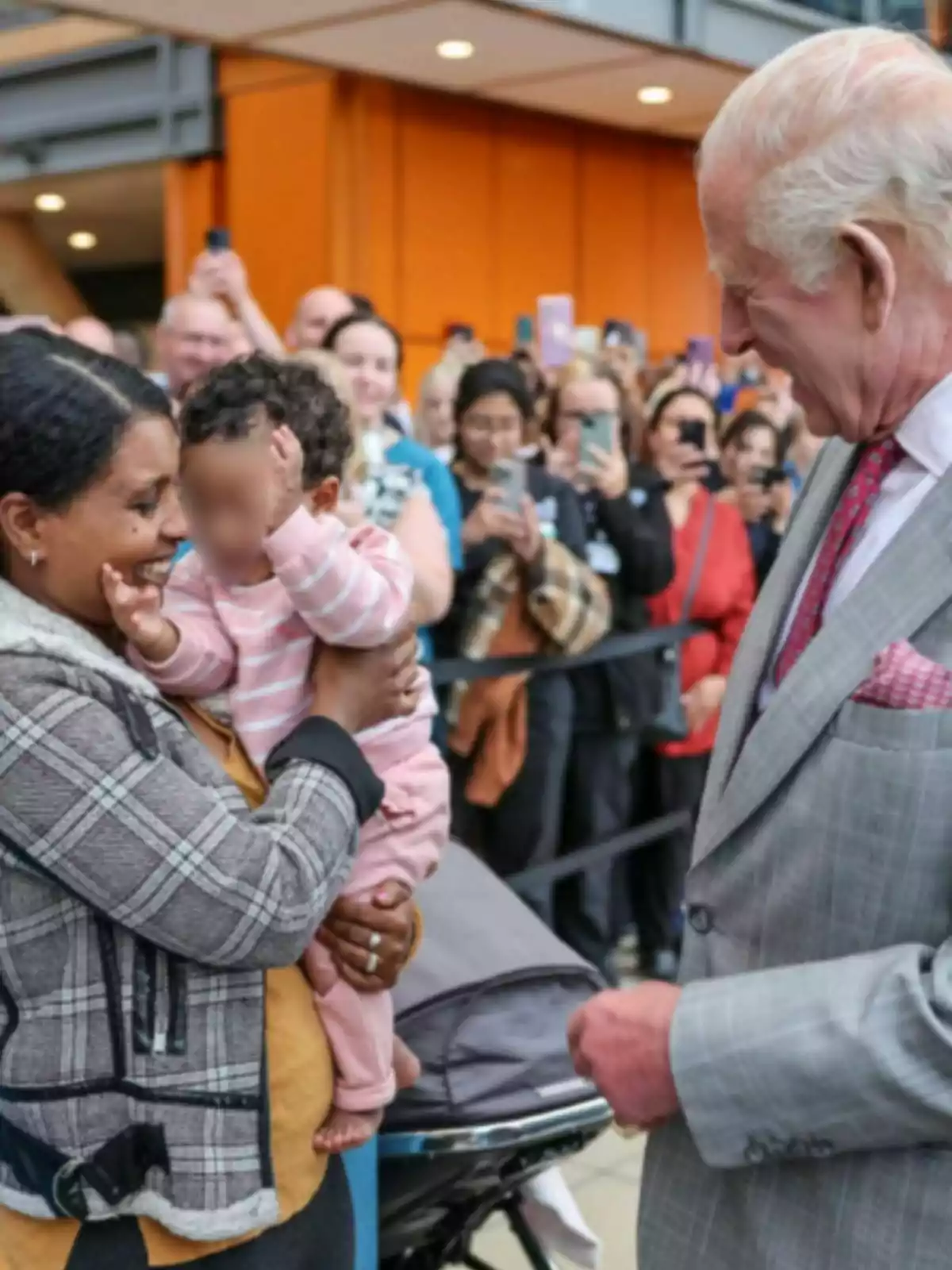
His closeness with the patients was reflected in their exchanges. When a woman asked about his condition, the monarch replied: "I'm not that bad." With that phrase, he sought to convey optimism, although concern did not disappear among those present.
The monarch's words, far from conveying the hope that many desired, caused unease among those closest to him. Queen Camilla could not hide her concern, aware that the message rekindled doubts about his recovery. In the United Kingdom, where people thought the king was doing better, his statements triggered new alarms.
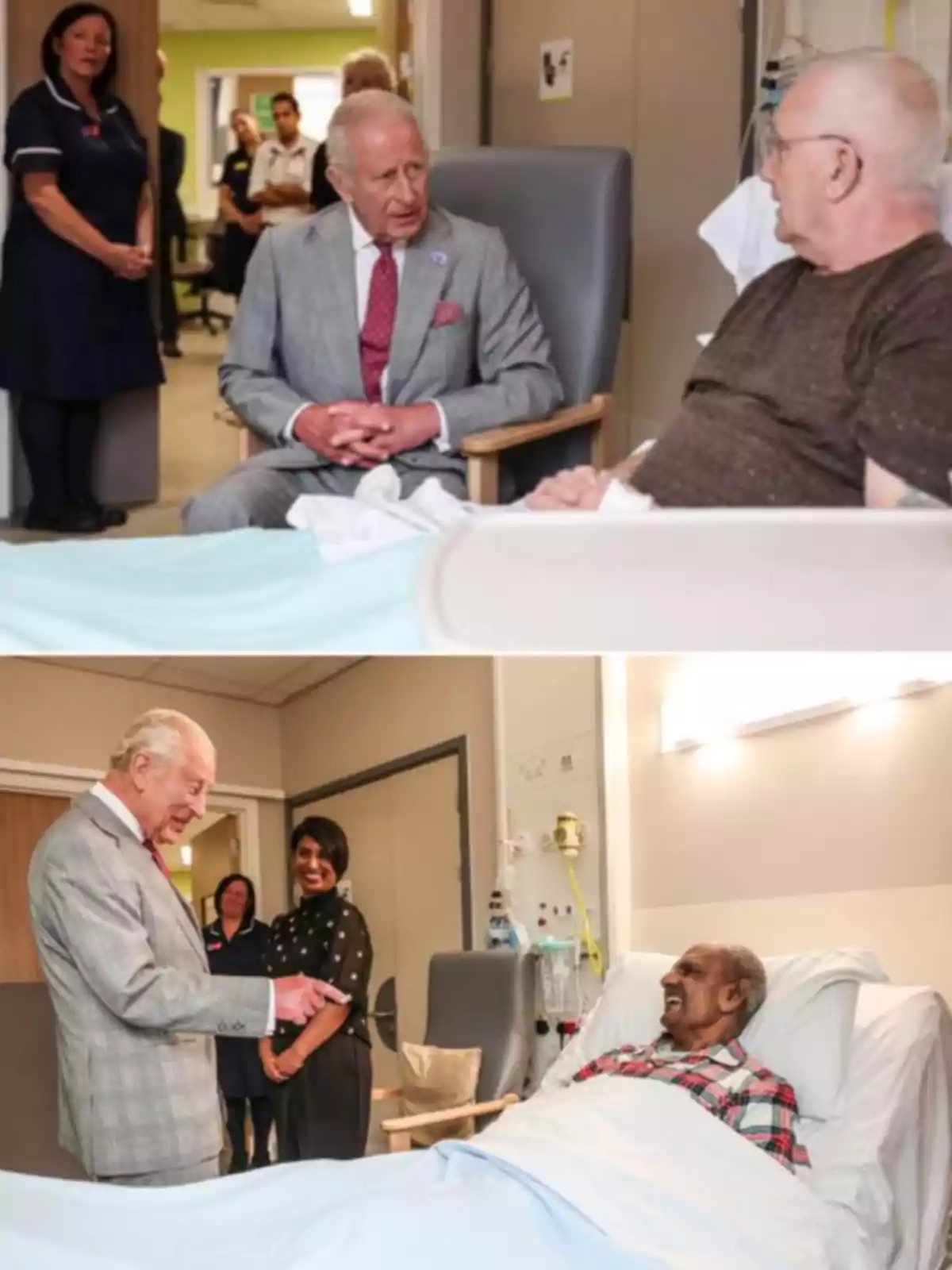
A bittersweet statement
At the same event, King Charles III delivered a phrase that quickly made headlines: "There's always hope in the future." The statement was interpreted in different ways, generating both hopeful readings and doubts about the seriousness of his situation.
The monarch did not hide that age takes its toll. With humor, he commented that "body parts don't work as well once you get past your 70s," drawing smiles in the room. His sense of humor, intact despite the illness, contrasted with the seriousness of the moment.
The bittersweet tone was evident in his conversation with a prostate cancer patient who moved the king. The man confessed to him bluntly: "I've got the same thing as you, in the final stage. I could die today, I could die tomorrow."
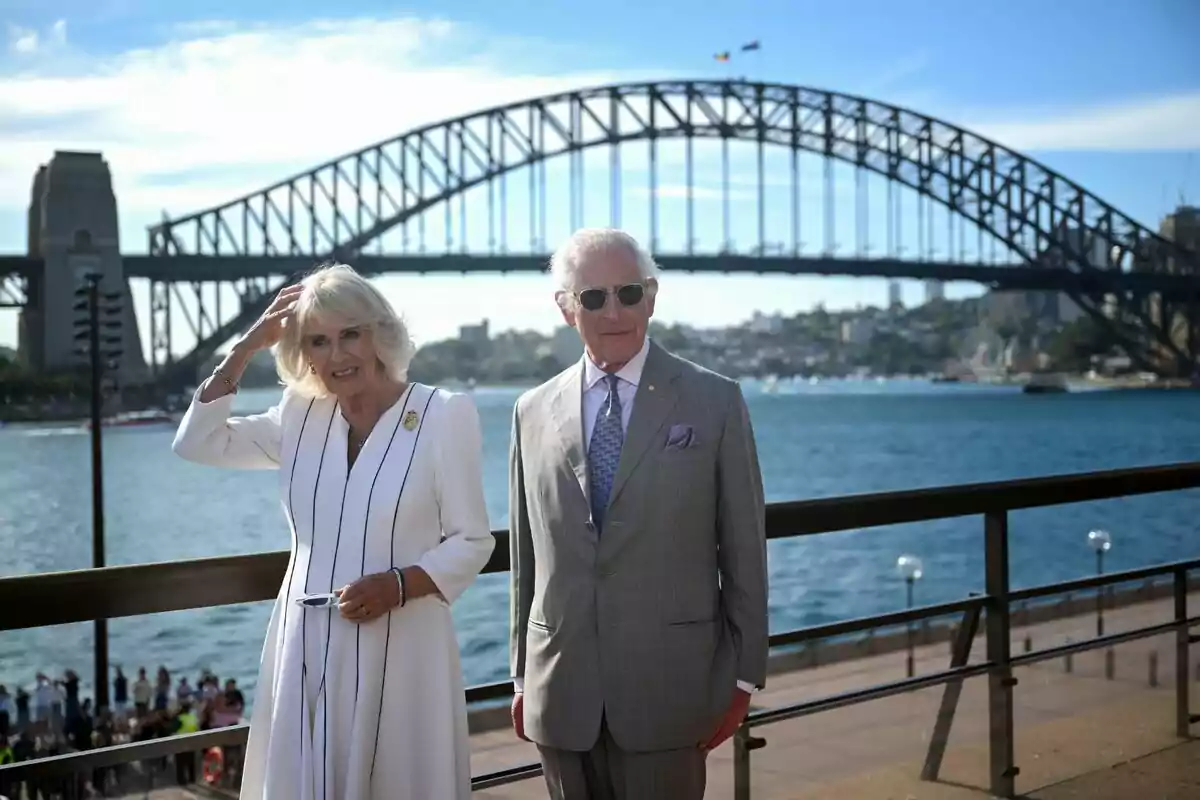
Anticipation in the United Kingdom
Amid the secrecy surrounding his illness, Buckingham Palace keeps discretion about the type of tumor the monarch is suffering from. That lack of information fuels rumors and multiplies speculation about his health. Every statement becomes an event.
What is clear is that Charles III wants to keep an active role in the country's institutional life. In the coming days, he is scheduled to receive Donald Trump and his wife, Melania, on a state visit aimed at strengthening the bilateral relationship.
Meanwhile, in the United Kingdom, anticipation is growing for a possible meeting with his son, Prince Harry. The date marked on the calendar is September 8, when the WellChild Awards will be held. The question is whether father and son will manage to reunite.
